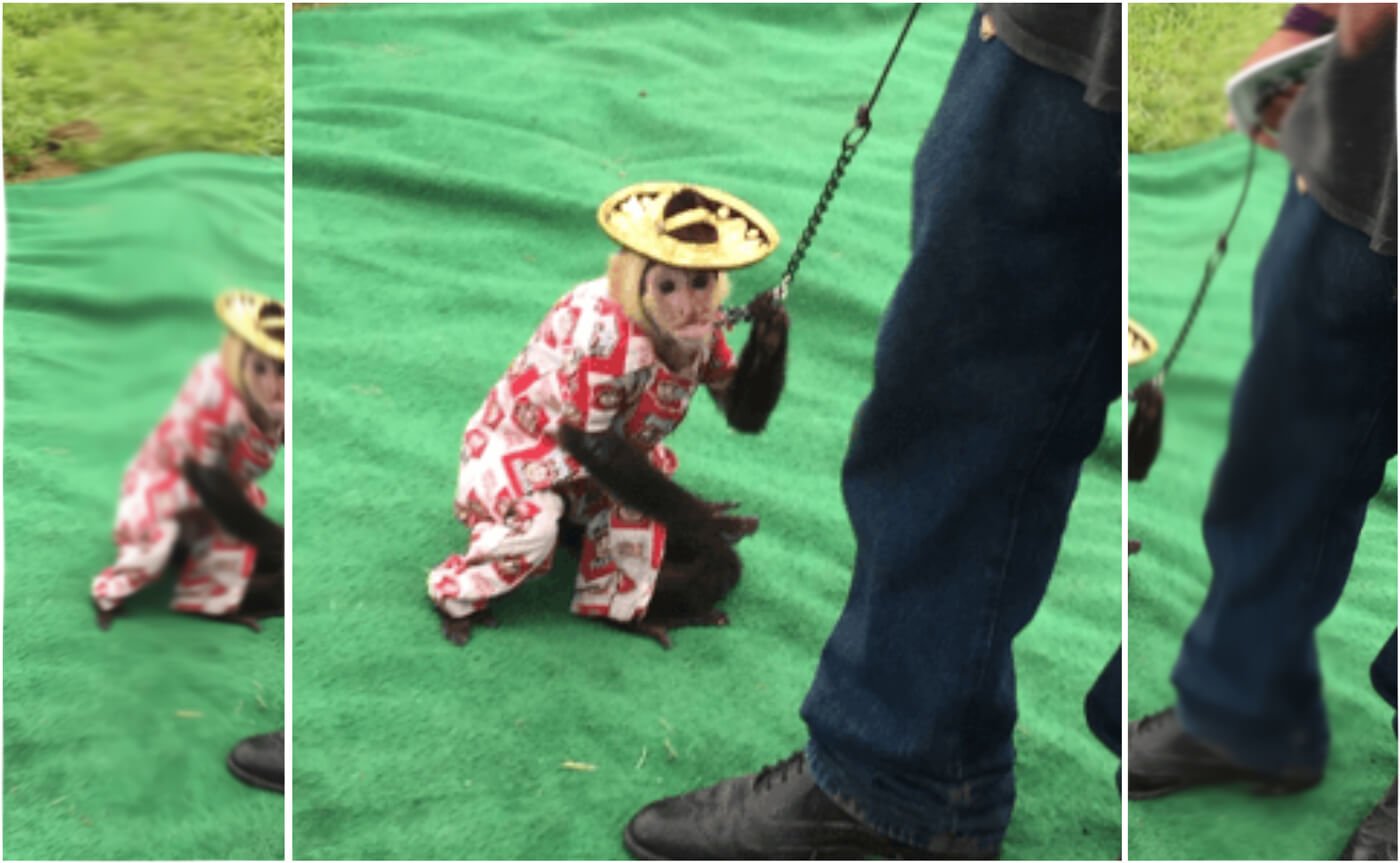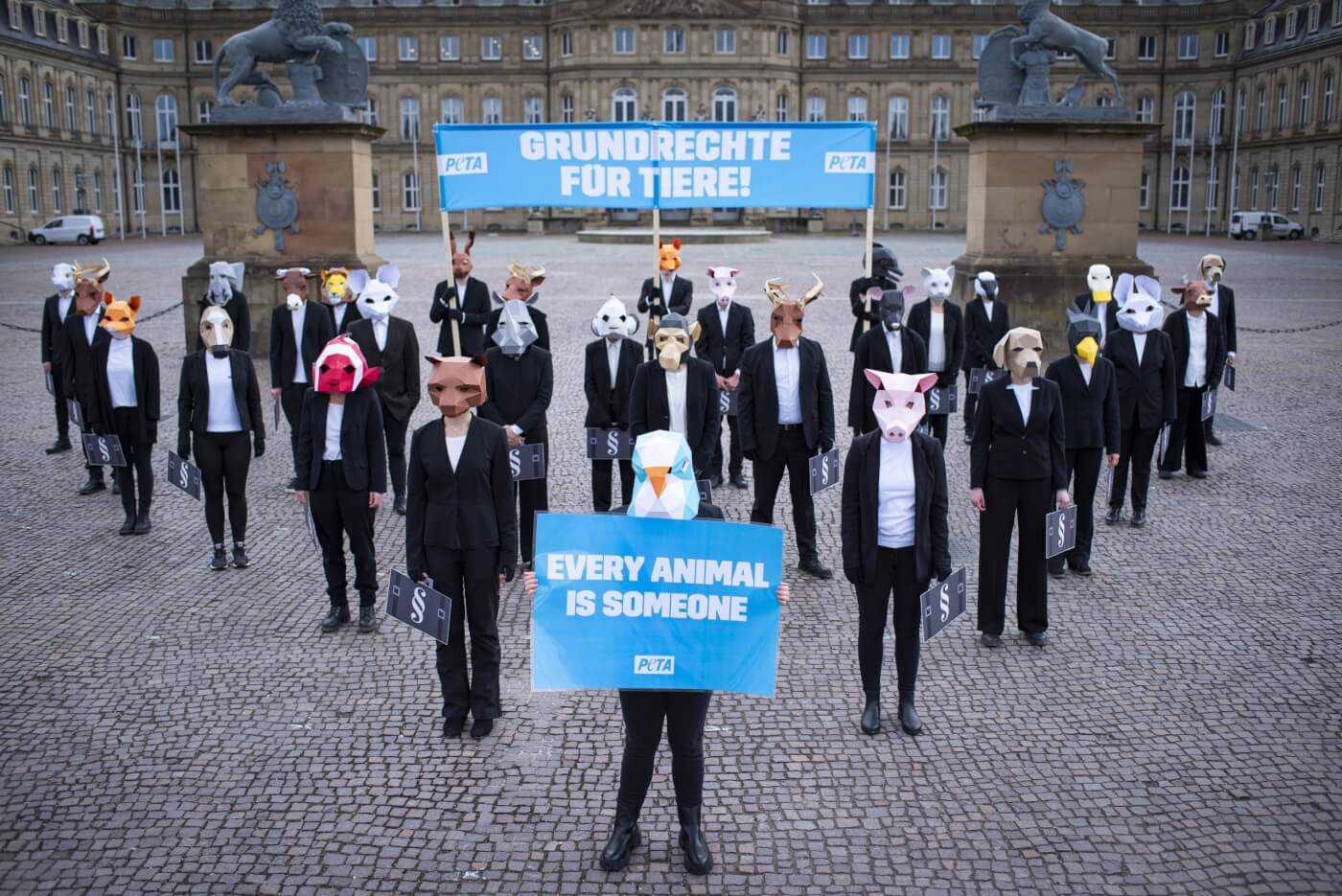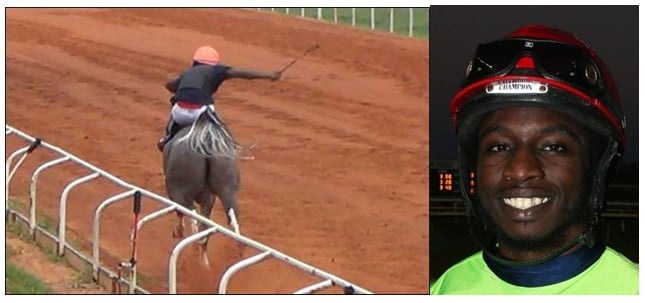Please see the following statement from PETA Vice President Dr. Alka Chandna regarding two separate citations posted by the U.S. Department of Agriculture against MRIGlobal, a contract testing laboratory in Kansas City, Missouri, after staffers failed for hours to monitor an anesthetized “minipig” whose body temperature dropped. In the second citation, staffers kept guinea pigs in “beddingless” enclosures known to cause leg injuries. Two of them had broken legs, a third sustained a knee injury, and a fourth developed lameness. All required euthanasia.
The incompetence at MRIGlobal, a scalpel-for-hire laboratory that experiments on animals for the highest bidder, has resulted in the deaths of four animals because staffers there either cannot or will not rise even to the mediocrity required of the lowest federal standards of animal care.
It’s unacceptable that staffers can’t bother to monitor an animal whose body temperature plummets dangerously while under anesthesia—and the company doesn’t deserve another penny of federal funding. PETA has filed a complaint with the National Institutes of Health, urging it to bar the company from future federal contracts.
MRIGlobal should get out of the business of tormenting animals and redirect its resources toward modern, non-animal research methods that will actually help humans, and we urge officials there to adopt PETA’s Research Modernization Deal.
PETA—whose motto reads, in part, that “animals are not ours to experiment on”—points out that Every Animal Is Someone and offers free Empathy Kits for people who need a lesson in kindness. For more information, please visit PETA.org or follow the group on X (formerly Twitter), Facebook, or Instagram.
The post Feds Cite MRIGlobal After Animal Welfare Violations and Deaths; PETA Calls For Investigation appeared first on PETA.







